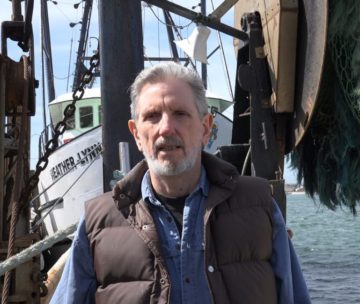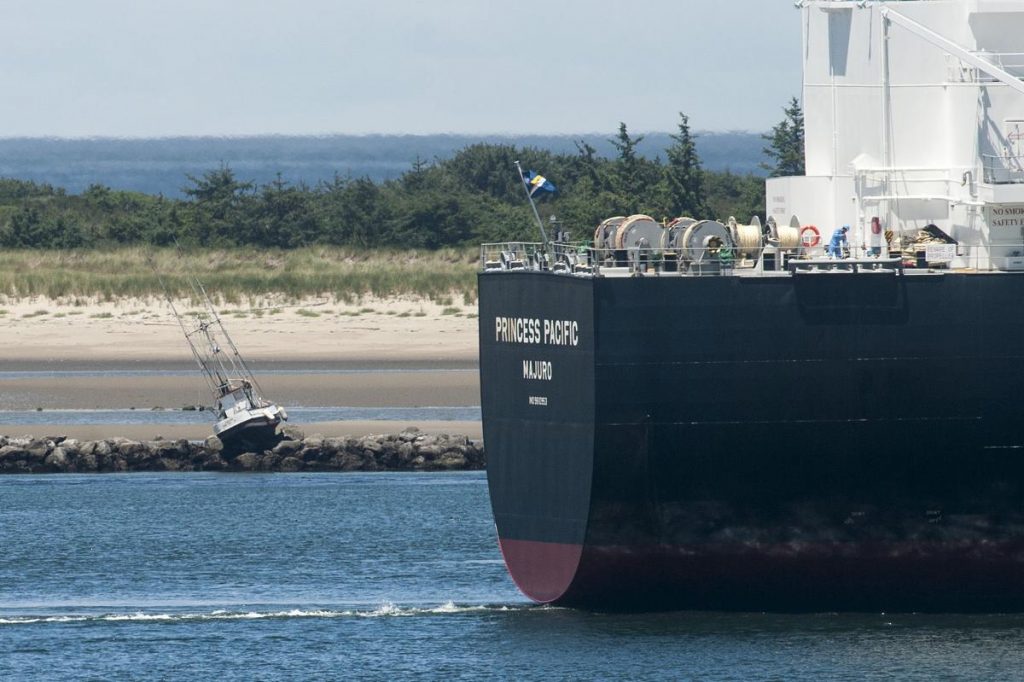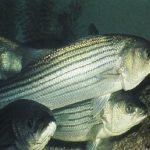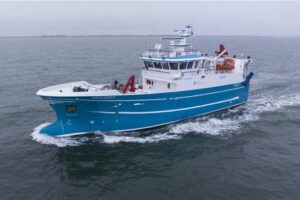The sensible changes needed for the Magnuson Stevens Act Reauthorization
A quote from the article Longstanding fisheries act doesn’t need changing says Hogarth and Murawski, click here “Much of our recent success has stemmed from quick action and firm timetables for rebuilding, and that approach has clearly worked.”
Well No, that’s not quite true… Allowable Catch Quotas are still shrinking each year for most fisheries in spite of NOAA’s declarations of eliminating “overfishing” because the stock population recovery is not living up to unrealistic timelines perhaps? And more than half of the local family fishing operations have been eliminated. Fishing ports along with shoreside support businesses are disappearing. So what exactly is the authors’ idea of having clearly worked?
I guess it depends on the goal of all this management.
East Coast fishing communities have been devastated by the legislated rigidity in the timelines for rebuilding historically varying fish populations. Even Jane Lubchenco, NOAA Fisheries Director admitted in a congressional hearing that there was no scientific basis for the rigid rebuilding timelines in the 2006 Reauthorization of Magnuson Act. She was a contributor to the infamous “Oceans of Abundance” treatise http://www.edf.org/sites/defau… This was an eco-political leaflet and primer sponsored by and filled with NGO lobbyist talking points aimed at the signers of the 2006 reauthorization that installed the rigid timelines.
The proposals for flexibility, transparency, predictability, fishermen representation, and taking into account the environmental and socio-economic aspects of fishery management in this current reauthorization bill before Congress are long overdue. And actually most of these current reauthorization proposals are simply reinforcing and making more specific several existing—but mostly ignored by management—MSA Standards relating to “setting catch limits based on science” and insuring that it’s the “best available science” through utilizing cooperative surveys and assessments from “other sources” (National Standard 2). Current proposals also reinforce the National Standards 1, 4, and 8, which account for the survival of the fishing communities along with the fish.
Flexibility and transparency as stated in the House Proposals does not mean the elimination or undermining the necessity of catch limits based on science and flexibility in rebuilding timelines is not “…a slippery slope back to unsustainable fisheries.”
Flexibility in dealing with naturally varying fish growth and recovery rates is intelligent management practice. The current House Bill proposals clearly do not reverse or “gut” any of the basic fish replenishing tenets of the Magnuson Stevens Act:
Please see original proposals from the House Natural Resources website: http://naturalresources.house….
The draft proposal, while maintaining the key themes of the Act, would make the following improvements:
- Provide flexibility for fishery managers when rebuilding depleted fisheries
- Provide flexibility for fishery managers when setting annual catch levels
- Provide more transparency for fishermen and others in both science and management
- Provide more predictability and stability for fishermen and fishery-dependent communities
- Allow fishery managers to take the economic impact of their decisions into account when setting harvest levels and developing rebuilding plans
- Allow fishery managers to take environmental conditions into account when establishing harvest levels and developing rebuilding plans
- Allow fishermen in regions where catch share programs have been controversial to have a say in whether a new catch share program will be implemented and to be provided better information when considering such a program
- Provide a schedule for obtaining better fishery dependent and fishery independent data especially for data poor fisheries and provide greater protection for confidential information submitted to regulatory agencies
- Authorize appropriations for an additional five fiscal years at current funding level
None of the proposals are an attempt to “…loosen effective protections that have been so successful in eliminating overfishing and rebuilding stocks”.
All the proposed changes are suggesting is to include the fishing communities in the process and some common scientific sense regarding rebuilding expectations . After all this is “Fisheries” management, not “Fish” management, right?
For additional reading on the MSA proposed improvements please papers by Meghan Lapp and Dr. Brian J. Rothschild
The Magnuson Stevens Act and its Ten Year Rebuilding Timeline: Science or Fiction? By Meghan Lapp http://centerforsustainablefis…
IMPROVING THE MAGNUSON STEVENS ACT, Brian J. Rothschild (11/3/13) http://centerforsustainablefis…


















































